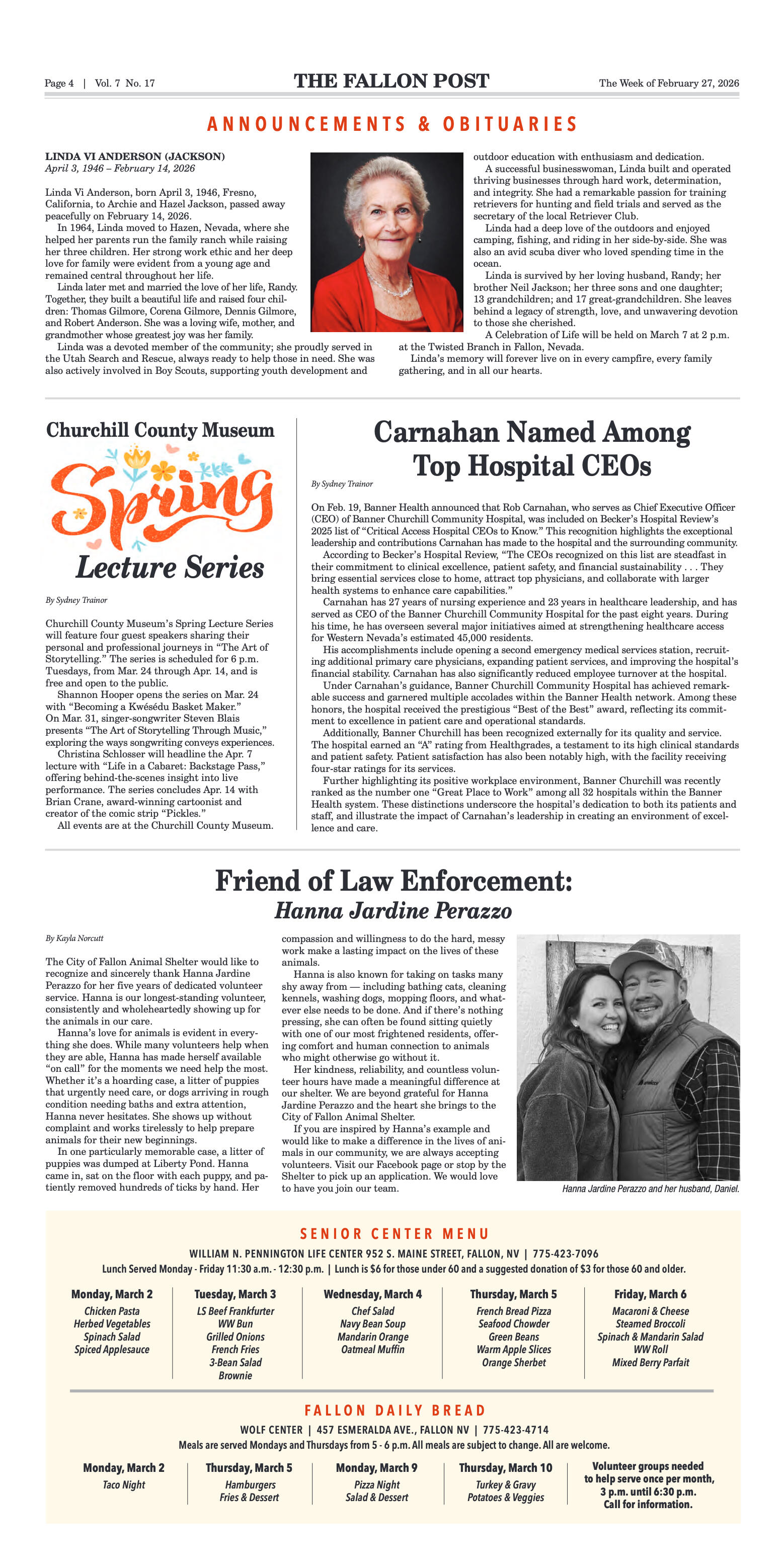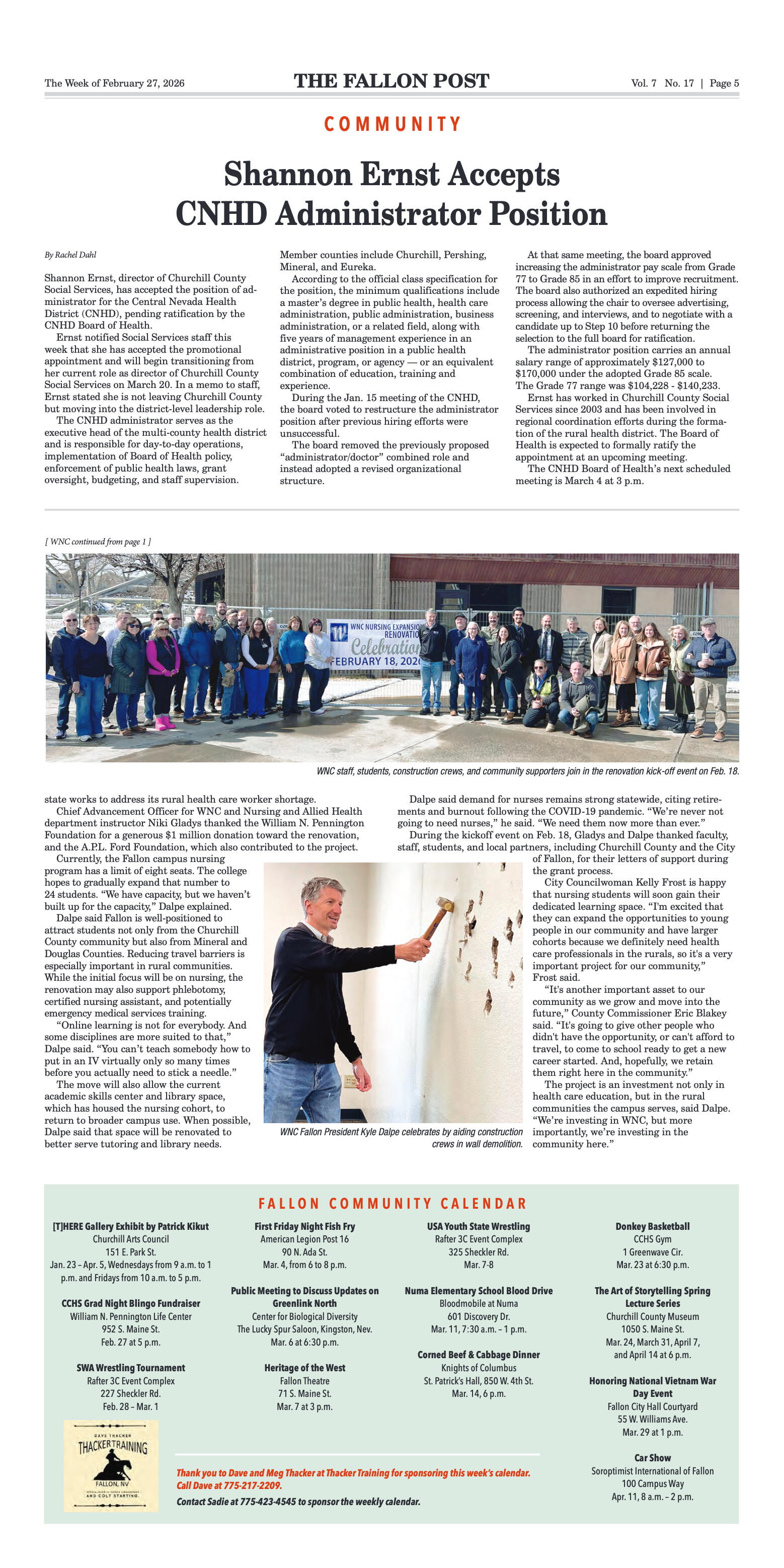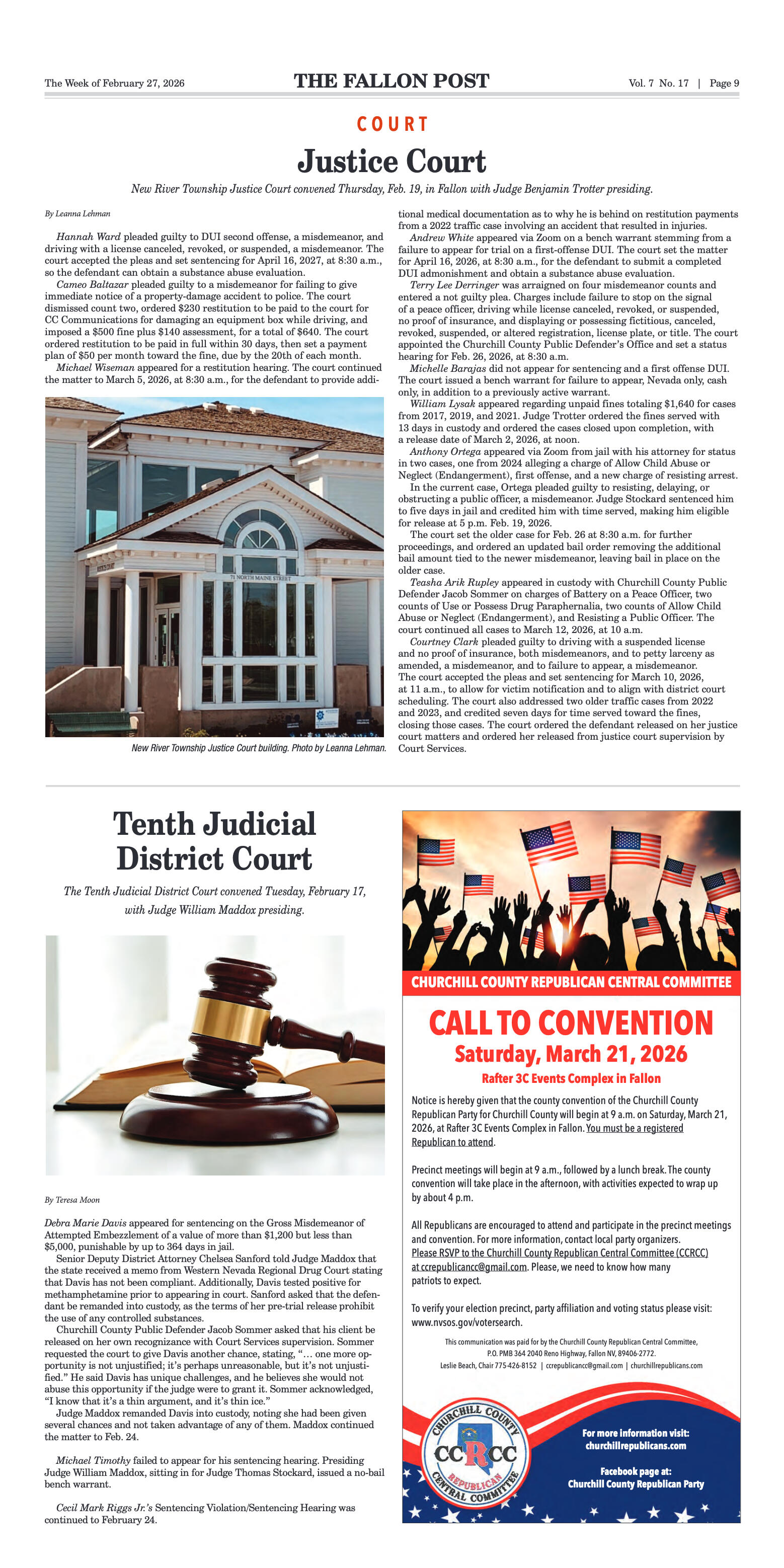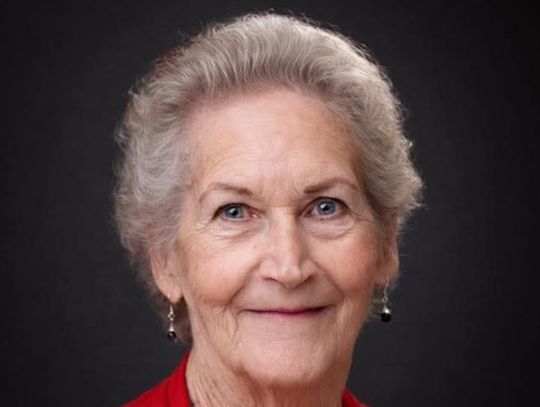Brandon Jean Herrera, a 27-year-old California man initially charged with Sexual Assault and Attempted Sexual Assault, was sentenced Tuesday to probation following a plea agreement that reduced the charges to Battery with a Deadly Weapon, a Category B Felony.
Herrera had been extradited to Nevada earlier this year to face allegations stemming from incidents that occurred between January and July 2023. According to the original criminal complaint, Herrera was accused of engaging in non-consensual sexual acts with the victim while she was asleep and attempting to force a similar act on a separate occasion.
He appeared before New River Township Justice Court Judge Benjamin Trotter on March 13, where he set bail at $200,000 following arguments by Deputy District Attorney Priscilla Baker, who cited Herrera's prior criminal history in Ridgecrest, California, and lack of local ties. The judge called the Category A felony charge of Sexual Assault inherently high-risk and cited the seriousness of the potential penalty—10 years to life in prison—when setting bail.
Because Justice Courts in Nevada cannot adjudicate or sentence felony cases, the matter was waived to District Court following Herrera's initial appearance.
On August 12, Tenth Judicial District Court Judge Thomas Stockard presided over Herrera's sentencing after he pleaded guilty in June to the lesser charge of Battery with a Deadly Weapon.
Churchill County Alternate Public Defender Wright Noel told the court that the plea agreement allowed Herrera to avoid registration as a sex offender, calling the underlying relationship "complicated." Noel emphasized Herrera's forward progress, including his work at two jobs and his pursuit of a GED. "I think probation is the appropriate resolution," Noel said. "I don't think putting Mr. Herrera in prison would be a just resolution."
Herrera told the court he is expecting a child and working to build stability. "I've been struggling my whole life, and I'm finally getting a chance to change," he said, adding that he has secured a loan to buy a house and a car.
The victim, present via Zoom, chose not to speak but had her aunt read a prepared statement on her behalf. In the letter, the victim described repeated assaults during their relationship, often while she was asleep.
"There are no easy words to describe the pain and lasting impact this has had on me," the letter read. "During my relationship with the defendant, I was repeatedly violated in my sleep." She recalled waking up to the defendant touching her and committing sexual acts without consent. "Although I said no and told the defendant to stop, he would continue."
One incident, she said, continues to haunt her, made her feel "like I was just an object to him; not a human being with boundaries or worth." She also explained that many of the assaults occurred while her infant daughter, whom she breastfed and co-slept with, was in bed with them. She said the assaults and growing concern for her child's safety eventually prompted her to leave Herrera.
She described lasting effects on her mental health, trust, sleep, and sense of safety. "I struggle with anxiety, flashbacks, and shame, even though I know what happened to me was not my fault." Her letter concluded with a direct note to the defendant: "I would also like the defendant to know that I appreciate the coming forward and admitting he's wrong."
Judge Stockard imposed a suspended sentence of 36 to 110 months in the Nevada State Prison and placed Herrera on probation for 36 months. The court ordered Herrera to pay $3,825 in extradition costs, with minimum monthly payments of $150, and imposed standard fees and assessments.
As part of his probation, Herrera must undergo a substance abuse evaluation and a Psychosexual Evaluation within 60 days and comply with any recommended treatment. He was also ordered to have no contact with the victim.
In many cases, plea agreements reduce charges as part of a plea negotiation due to a combination of legal and practical factors. In some cases, challenges with evidence—such as lack of physical proof or the emotional difficulty of securing victim testimony—can make it difficult for the prosecution to proceed to trial on more serious charges. Prosecutors may also consider the defendant's willingness to accept responsibility, his lack of serious prior convictions, and any efforts toward rehabilitation when offering a plea agreement. In this case, Herrera's guilty plea to Battery with a Deadly Weapon allowed the state to secure a conviction without the uncertainties of trial while sparing the victim the burden of testifying. Should he violate the terms of his probation, the court may impose the underlying prison sentence.











































Comment
Comments